New surveys shed light on the dating habits of millennials and Gen Z, betraying the financial anxieties felt by many young people today.
$50 Dates

According to a new survey by UK-based retailer PrettyLittleThing, as many as 60% of GenZers and 96% of millennials won’t spend more than $50 on a first date.
The Cheaper the Better

For many young people, splurging on a date is impractical. Some can’t afford to, others don’t see it as a worthwhile expenditure, and even more are too stressed about their financial future to consider it.
Dating Landscape Changes

But dating mores in the 21st century may also explain their reluctance to spend large on a first romantic encounter with someone.
A New Approach for New Generations

Relationship and intimacy expert Marissa Nelson points to a more relaxed approach to dating than previous generations, which makes them more hesitant to commit or invest in someone too early on.
More Casual, More Realistic

“Many millennials and Gen Zers approach dating with a level of casualness that distinguishes them from previous generations,” Nelson explained.
“They acknowledge the possibility of encountering a few frogs before finding a compatible partner and are hesitant to invest too much upfront financially.”
Dating Apps Change the Game

Younger generations also have the benefit of dating apps, which can make dating seem more numerous and accessible, which can sometimes result in a “dime a dozen” approach to romance and relationship prospects.
The Pandemic Gap

But how does this explain the significant 30% difference between millennials who won’t cough up the cash and less frugal GenZers?
Financial therapist Traci Williams pointed to the pandemic and ongoing financial crises as a likely explanation.
Gen Z Sacrifices
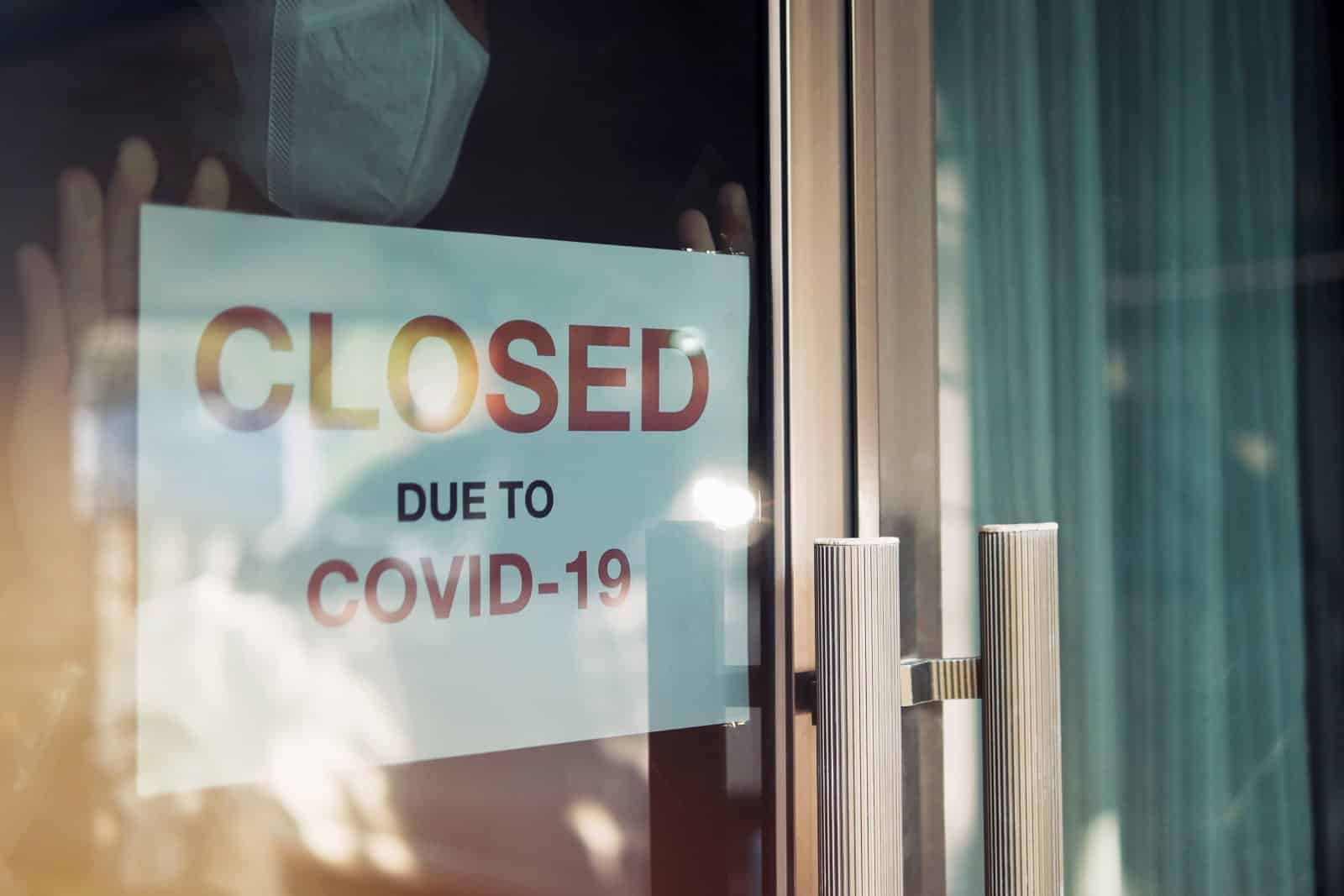
“Over the past few years, they’ve had to sacrifice a lot of their social freedoms because of the global pandemic and a struggling economy,” she said.
“With many missing out on key rites of passage like traveling, meeting new people, and getting the full college experience.”
More Enthusiasm

She explained that the added strain on their social lives in their formative young adult years, which most millennials did not experience, resulted in “more excitement around getting out there and making the most out of life,” than their millennial counterparts.
Money Matters

However, once they find someone they want to commit to, millennials and Gen Z are more likely to discuss financial matters with their prospective partners before things get too serious.
Let’s Talk Money

According to Northwestern Mutual’s 2023 Planning & Progress Study, 40% of millennials and 32% of Gen Z believe couples should discuss their finances before committing to a serious relationship.
First Comes Love, Then Comes Money

“The rules for relationships are changing. First comes love, then comes real talk about financial dreams and debts, and then comes long-term commitment,” said Northwestern Mutual customer officer Christian Mitchell.
Less Optimism for Youth

These findings should come as no surprise, as people under 40 are becoming less and less optimistic about their financial future, with many having lived through two financial crises and a global pandemic.
Better Finances, Worse Prospects
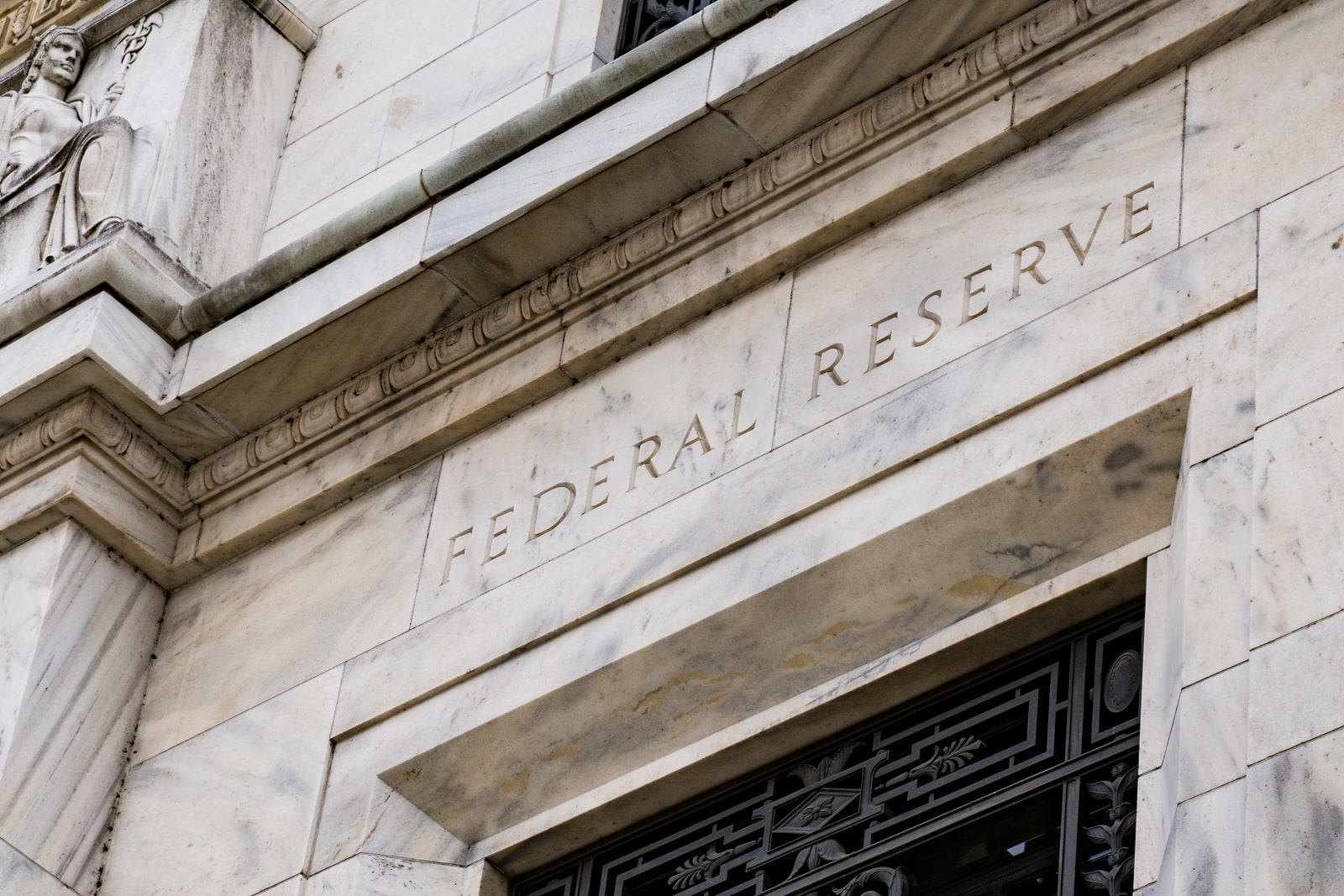
The Federal Reserve Bank of New York recently released research showing that Americans between the ages of 18 and 39 have seen their net worth balloon by 80%, but this hasn’t stopped negative projections of their financial potential.
Earning Higher, Spending More

Despite significantly higher earning rates than previous generations, they are forced to spend far more on both everyday necessities and other luxuries.
No Emergency Savings

A recent CNBC survey showed that almost half of 18-to-34-year-olds reported that they could not afford to cover an entire month of expenses with their savings if they lost their job.
Not Enough for Those Who Have It

Of those who have emergency savings, only a third felt comfortable with the amount saved up, according to Bankrate’s 2024 annual emergency savings report.
Compounding Problems
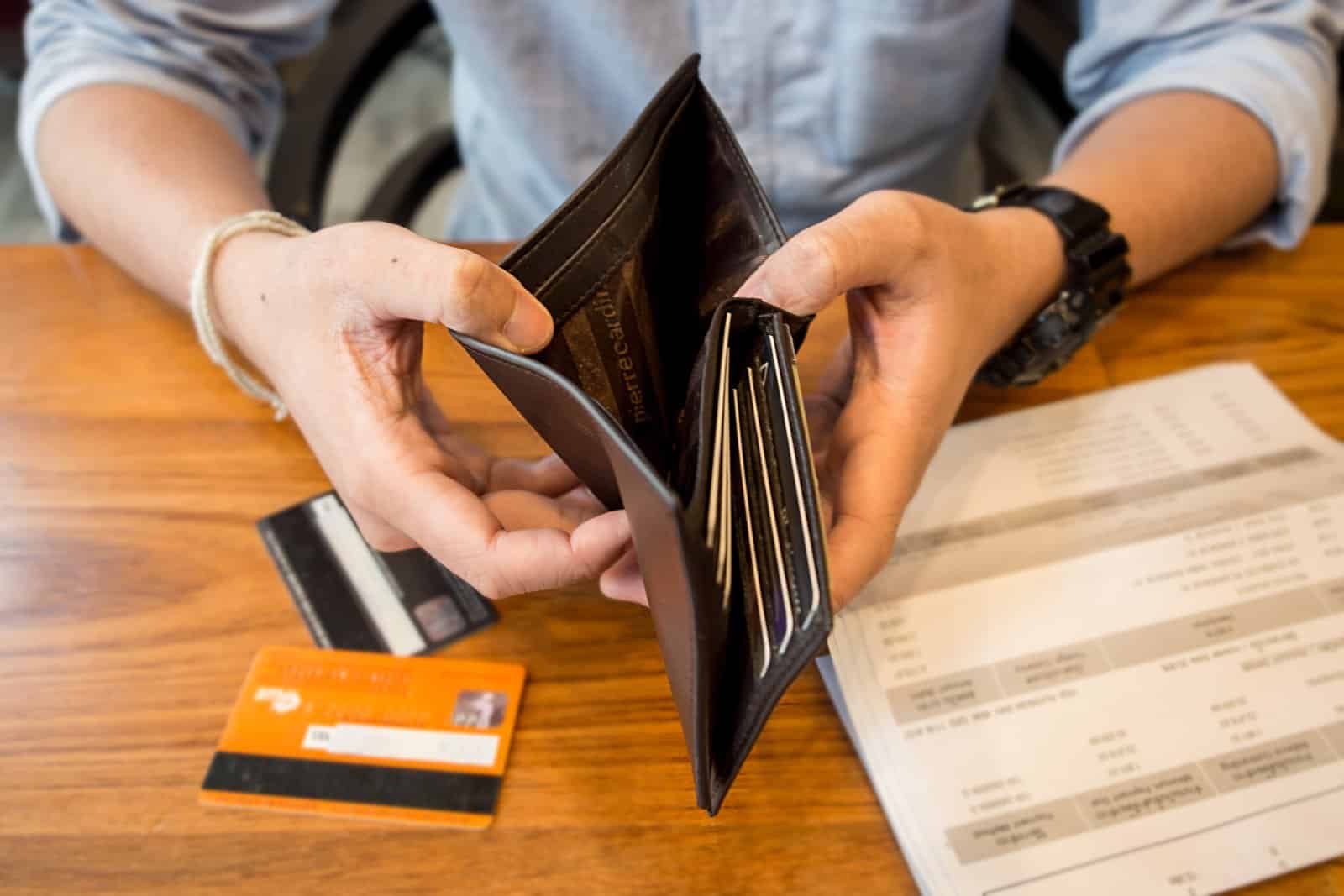
Reliance on credit, mounting student loans and medical debt, high inflation, high-interest rates, and an ever-increasing cost of living have created a pessimistic financial horizon for many young people, who feel they can’t afford the things that were once considered a given only a generation or two ago.
The Homeless Generation

A survey from September by real estate brokerage Redfin showed that only 18% of millennials and 12% of Gen Z believe they will ever have the chance to own their own home.
Dating Not a Top Priority

So it’s not a shock that splurging on first dates may not be a top priority for young people, for whom economic uncertainty has become the norm over the last five years and longer.
23 Steep Taxes Adding to California Residents’ Burden
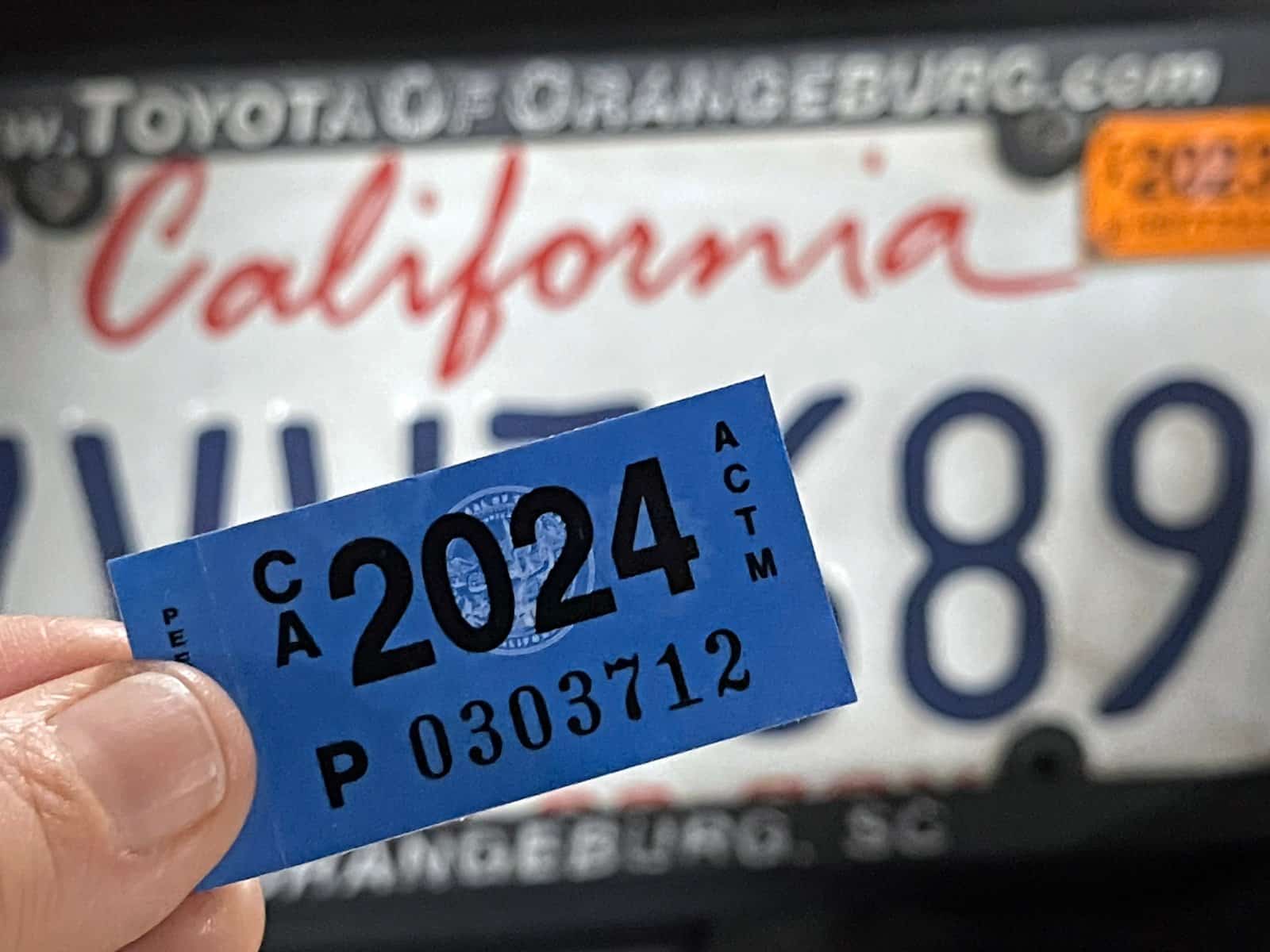
California: a place of sunshine, innovation, and, unfortunately, some of the nation’s highest taxes. From LA’s beaches to Silicon Valley’s tech hubs, residents grapple with a maze of state taxes. Here’s a glance at 23 taxes that might surprise both Californians and outsiders. 23 Steep Taxes Adding to California Residents’ Burden
Cash in on Nostalgia: 21 Toys Now Worth a Fortune
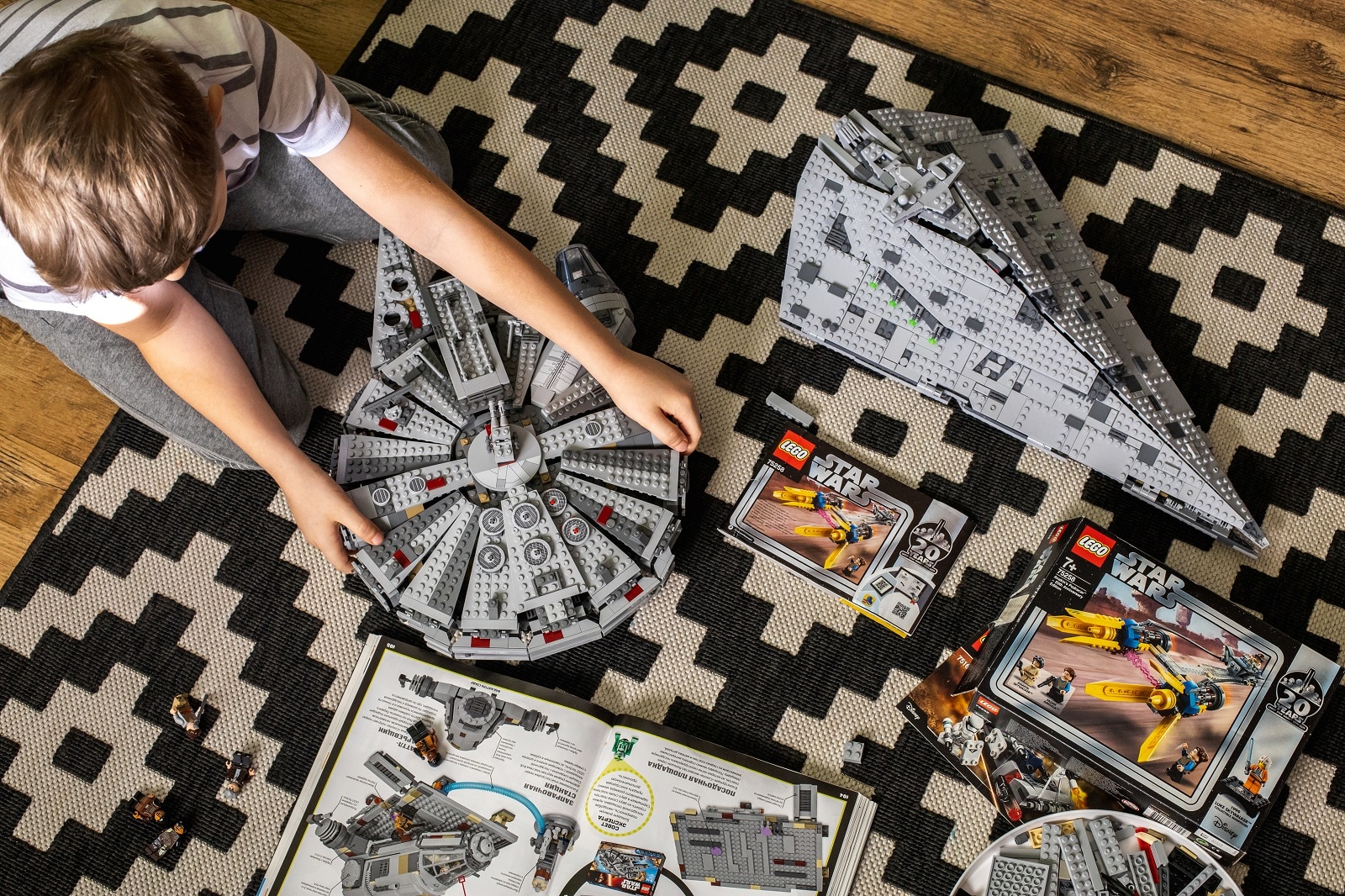
Time to dust off the boxes and find that once-cherished toy from your childhood. For collectors and enthusiasts, they items have become valued objects and they can be worth big bucks – are there any of these in your attic? Cash in on Nostalgia: 21 Toys Now Worth a Fortune
Millennials Don’t Buy These 19 Products Anymore

Millennials are changing consumer habits, quietly replacing once-staple products and traditions. Often criticized for their disruptive preferences, this generation is reshaping the marketplace with digital expertise, ethical buying, and a taste for the unconventional. Millennials Don’t Buy These 19 Products Anymore
The post Love in the Time of Financial Anxiety: Millennials and Gen Z Speak Out first appeared on Thrift My Life..
Featured Image Credit: Shutterstock / chomplearn.
The content of this article is for informational purposes only and does not constitute or replace professional financial advice.
